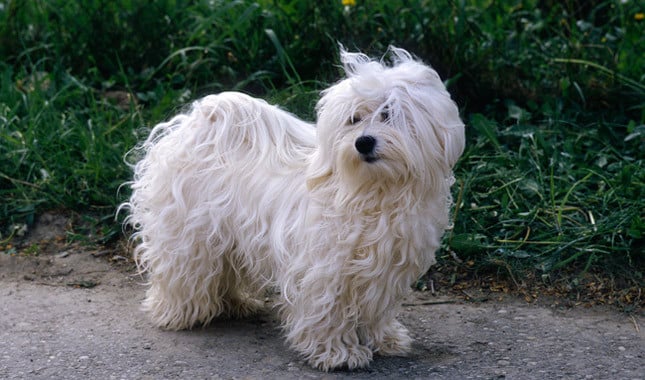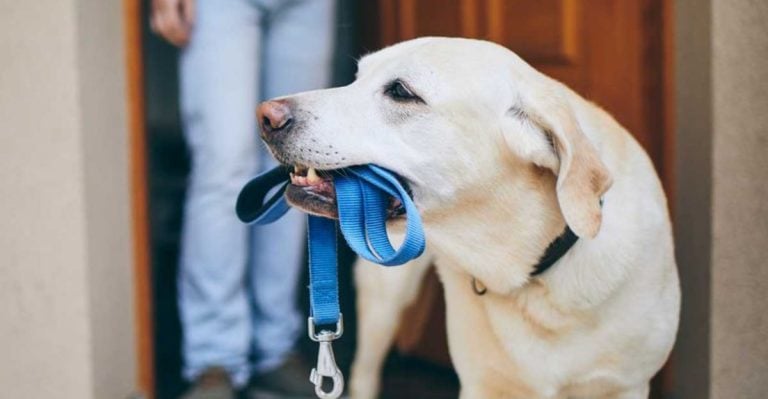15 Things First-Time Coton De Tulear Owners Should Know

Some dogs blend easily into any home, but the Coton de Tulear brings something uniquely special. Their playful spirit and strong bond with their humans make them exceptional companions. However, that same loyalty means they need consistent training and care. Thinking of welcoming one into your life? Here are 15 essential things to know before you decide if this charming breed is the right fit for you.
Understanding The Breed’s Origins
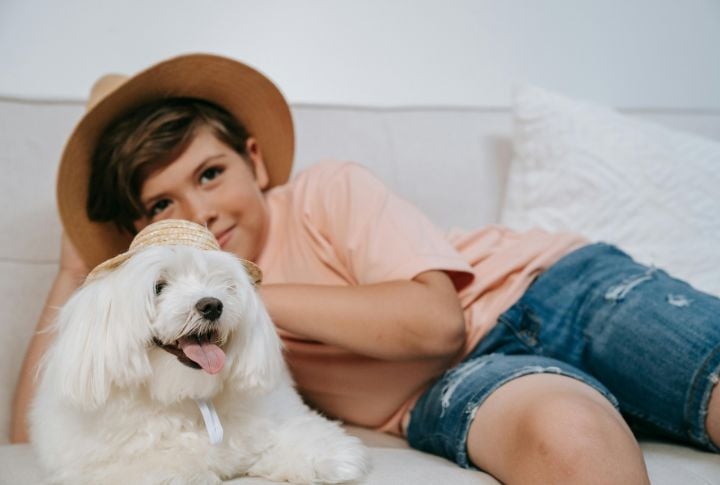
With roots in Madagascar, the Coton De Tulear has long been prized as a loyal companion, winning the hearts of European nobles with its endearing nature and unique, cottony coat. Historical records detail their journey from island companions to sought-after pets worldwide. These dogs thrived in the coastal region and developed resilience and a social nature.
Distinctive Personality Traits

Few breeds match the Coton’s ability to brighten a home. Their expressive nature turns ordinary moments into cherished experiences. Adaptability allows them to fit effortlessly into various lifestyles. Observing their joyful antics reveals their naturally spirited personality.
Grooming And Coat Care Essentials

A Coton’s coat can easily tangle without regular brushing, so using a gentle comb helps prevent painful knots and skin irritation. Scheduling professional grooming every few months keeps their coat looking polished and healthy. Neglecting their coat, however, can lead to discomfort and irritation for your furry friend.
Training And Socialization Best Practices

A well-mannered Coton begins with consistent, structured training. They’re quick learners, but without steady guidance, a streak of stubbornness can surface. Positive, gentle interactions help build their confidence around strangers and unfamiliar situations. The result? A sociable, self-assured companion who makes every outing smoother and more enjoyable.
Health Concerns And Genetic Conditions

Veterinary experts recommend early screening for hereditary conditions. Cotons may be predisposed to specific ailments requiring careful monitoring. Proper diet and exercise support long-term health and vitality. Understanding medical risks helps owners make informed care decisions.
Dietary Needs And Feeding Guidelines

Balanced nutrition helps their energy levels and overall health. A nutrient-rich diet and careful portion control are important to ensure their coat is healthy and shiny while also mitigating the risk of obesity. Providing fresh water ensures hydration and proper digestion.
Exercise Requirements & Activity Levels
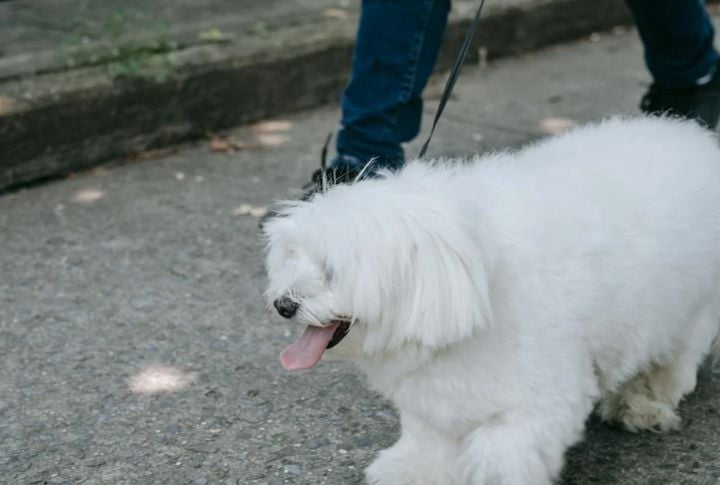
Cotons thrive on regular, moderate activity—think short walks and playful, interactive games. Their lively nature means they need engaging play to stay mentally and physically stimulated. Without it, boredom can quickly lead to unwanted behaviors.
Suitability For Families And Other Pets

Families love how Cotons blend seamlessly into their lives. Their cheerful personalities make them ideal playmates for kids and companion animals. Early exposure to diverse interactions is essential for building confidence and preventing shy behavior, with some adjusting rapidly and others requiring gentle patience.
Common Behavioral Issues And Solutions
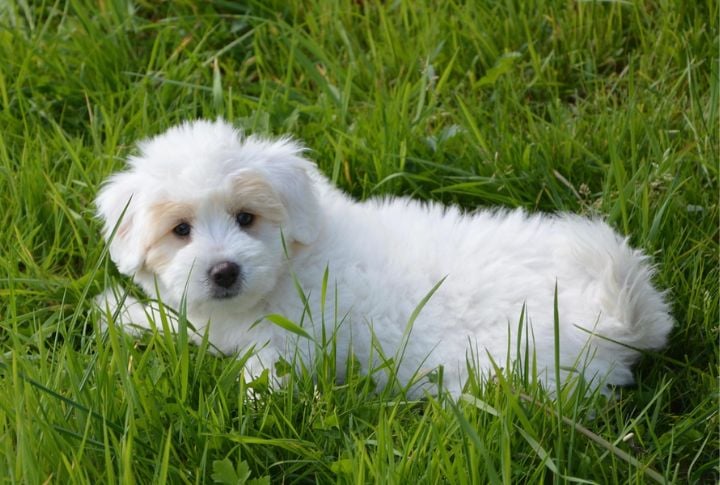
Separation anxiety challenges many Coton’s when left alone. Through structured training and mental stimulation, this canine develops confidence and self-reliance, reducing the likelihood of excessive barking and destructive tendencies. Owners should observe patterns to distinguish normal quirks from concerning behaviors.
Living Space And Environmental Considerations
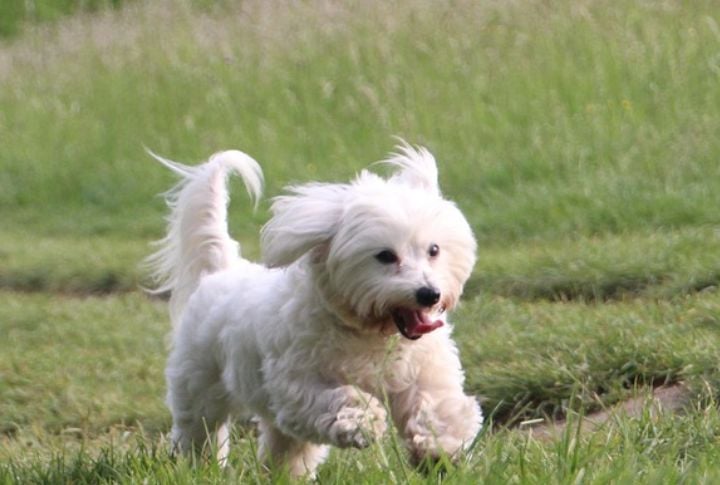
A cozy home suits a Coton just fine. They adjust quickly but appreciate quiet, familiar surroundings. Open spaces provide opportunities for exploration and play. The living environment has a profound impact on their behavior, and their adaptability evolves based on their location and lifestyle.
Travel And Adaptability Characteristics

Cotons are adaptable companions, easily fitting into a range of lifestyles. Introducing them to travel early on helps build their flexibility even more. Calm, secure transport goes a long way in easing stress and preventing anxiety. How they handle new places often depends on the experiences they’ve had before.
Seasonal Care And Climate Sensitivities

To keep them safe and healthy, owners must take precautions against winter’s cold and summer’s heat, providing essential shade, hydration, and protection. Seasonal changes impact their comfort more than some owners expect. Paying attention to climate needs makes year-round care effortless.
Costs And Financial Commitments Involved

Bringing home a Coton isn’t just about companionship. Every playful moment comes with financial commitments that can add up quickly. Grooming and everyday needs require careful budget planning. Thinking ahead helps owners avoid unnecessary stress.
Lifespan And Long-Term Care Responsibilities

The average lifespan of a Coton is approximately 15-19 years. Aging Cotons may require adjusted routines to maintain their comfort. A lifelong commitment to care and attention is essential for a Coton’s happiness and overall well-being.
Finding A Reputable Breeder Or Adoption Source
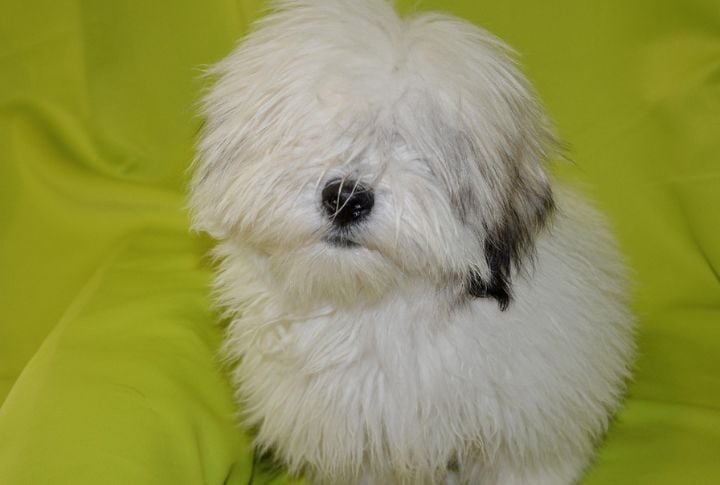
Selecting a trustworthy breeder requires thorough research. Reputable breeders emphasize health screenings and responsible breeding methods, making informed decisions that ensure the long-term health and well-being of their dogs. Organizations like the North American Coton Association provide verified breeder listings that follow ethical standards.



